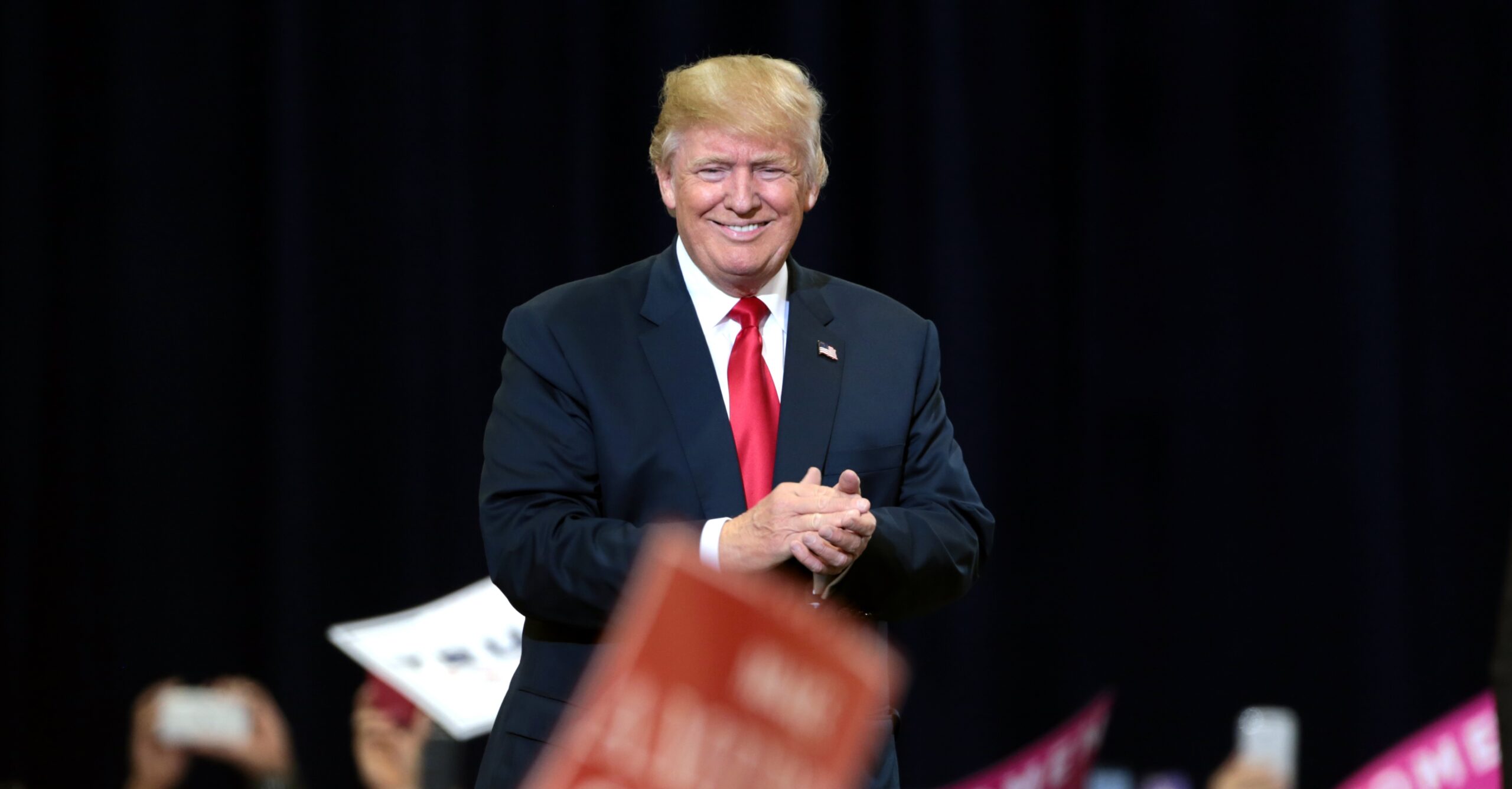Donald Trump, the president-elect of the United States, has issued another warning to the European Union, threatening tariffs if its member states do not increase their purchase of American oil and gas.
The statement, made via Truth Social, signals Trump’s intent to leverage energy exports to address the US-EU trade deficit, a long-standing grievance.
With the US being the world’s largest producer of crude oil and a top exporter of liquefied natural gas (LNG), the threat places significant pressure on the EU to act.
Trump’s hardline stance comes just over a month before his inauguration, during a high-profile visit to Paris for the reopening of the Notre Dame Cathedral, where trade tensions were a key topic of discussion.
EU braces for new US trade measures
European officials, recalling the tumultuous trade policies of Trump’s previous administration, have been preparing for renewed tensions.
In 2017, Trump imposed tariffs on European steel and aluminum, citing national security concerns, catching the bloc by surprise.
Since then, the EU has overhauled its trade doctrine, implementing robust mechanisms to counter coercive practices.
The EU’s recently adopted anti-coercion instrument empowers the European Commission to impose retaliatory tariffs or other punitive measures in response to politically motivated trade restrictions.
This tool is part of a broader strategy to protect the bloc’s interests under challenging trade dynamics.
The foreign subsidies regulation allows the commission to block foreign companies benefiting from unfair state support from participating in public tenders or mergers within the EU.
German Foreign Minister Annalena Baerbock addressed these preparations during a Group of Seven meeting in Italy last month.
She emphasized that Europe is ready to respond decisively if Trump pursues an “America First” approach, reinforcing the bloc’s commitment to unity in the face of external pressure.
US is a major energy supplier to Europe
The US remains a vital energy supplier to Europe, with American LNG accounting for over half of the EU’s gas imports last year.
These imports have been pivotal in reducing the bloc’s reliance on Russian energy following the Ukraine conflict.
However, Trump’s demands for increased purchases highlight the underlying tensions in transatlantic trade relations.
The US has also emerged as a major crude oil exporter, supplying markets across Europe and Asia.
Trump’s rhetoric underscores his administration’s focus on leveraging energy exports as a tool to address trade imbalances.
While Europe is a key destination for American oil and gas, Trump’s tariff threats add a layer of complexity to an already delicate trade partnership.
Trump’s grievances extend beyond energy. He has criticized Europe for insufficient defense spending and the persistent trade deficit with the US.
His approach, which he described as “tough love” during his previous term, signals a likely continuation of confrontational trade policies.
Is Trump serious about this?
The EU faces a critical challenge in navigating its relationship with the incoming US administration.
Trump’s rhetoric, coupled with his past actions, suggests that trade disputes could escalate rapidly if Europe fails to meet his demands.
The bloc’s enhanced trade defenses and unified stance offer some reassurance, but the potential for conflict remains high.
Europe’s response will likely focus on balancing economic interests with geopolitical realities.
As the largest consumer of US LNG, the EU holds significant leverage, but Trump’s readiness to impose tariffs underscores the risks of over-reliance on a single energy partner.
The coming months will reveal whether Trump’s hardline tactics will lead to a deeper transatlantic rift or a renegotiated trade dynamic that benefits both sides.
The post Why is Trump threatening additional tariffs on Europe, and is he serious? appeared first on Invezz

